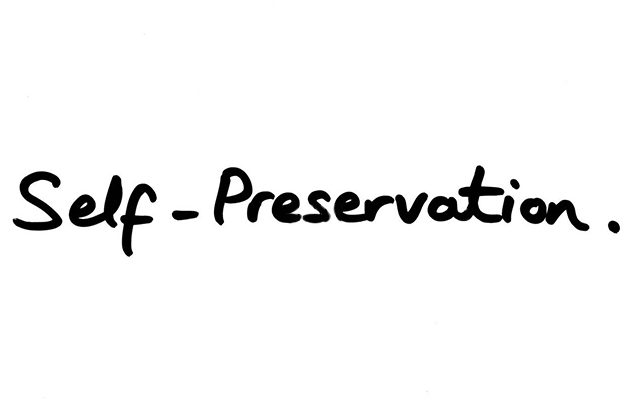What is the role of self-preservation in our life, relationships, and career? Sometimes our life becomes overwhelming because of so many commitments and responsibilities. You get engaged in your work, family, pursuits, and events, and the minutes, hours, days, and weeks pass quickly. You eventually get emotionally agitated, intellectually spent, and physically exhausted. Finally, you reach your lowest point, and there is no easy way out. But, your desire to succeed depends on your ability to protect yourself from harm and avoid self-destruction.
Hence, you must build and implement a personal self-preservation plan to help you fight off everything in the way of your goals. Consider these crucial factors when developing and carrying out such an agenda.
Key Factors for Self-Preservation
- Nurture
Carefully choosing your responsibilities is essential to nourishing yourself and preventing negative effects. You must set aside time to contemplate your life’s purpose and find it.
While you may not be able to grow in every role, you can by making the most of your strengths. Also, there is no need to compare or be sucked into what others do. Instead, use what is available and concentrate on developing your skills to become the best version of yourself.
As you work to fulfill your calling, your strengths and weaknesses will become clearer to you, and you’ll be better able to use both. Have faith in yourself! It doesn’t matter if other people believe in you or not. You are the beginning and the end. Never hesitate to express and pursue the unique calling, ambition, or desire that only you possess.
- Monitor
Make a self-evaluation. Maintain awareness of your needs, objectives, and obligations on a physical, mental, and emotional level. Keep an eye on your gas level and fill up before it reaches E. (empty). If not, you risk becoming stuck, halted, and off course. Monitoring might be as intricate as keeping a daily journal or checklist or as basic as doing morning meditation. In either case, it ought to enable you to recognize your level of tension and the degree of ease or enjoyment you are sensing.
You can track your progress towards completing projects and reaching milestones and the outcomes of your actions by keeping track of your monitoring. This lets you realize when work cannot be done as intended or when your plate is becoming too full.
- Re-evaluate
When you monitor and care for something properly, you get information for re-evaluating it. You allow yourself to review your expectations, commitments, plans, and goals. Life changes constantly.
Based on recent advancements, innovations, anticipated and unforeseen occurrences in your personal life, or even a change in power, what you described a year ago might no longer be applicable.
You might recognize a fresh concept, locate a simpler route, or learn that a new contact has the connections you need to be successful through re-evaluation. Re-evaluation is an opportunity to tweak, re-tool, reframe, and even improve your plan rather than a green light to give up. Instead of using this evaluation as a means of criticizing your goals, ambitions, and aspirations, conduct it as a comprehensive self-assessment. Instead, it should be a constructive pursuit where you may strengthen your idea, clarify your goals, or affirm your initial course of action so you can move forward.
- Lifeline
Finding help after realizing you need it is admirable. However, you need aid from outside of yourself to maintain you’re being if, after nurturing, monitoring, and reevaluating, you still struggle to find joy in your activities, are depressedly behind schedule, angry at failures, over-committed, or fear an avalanche that is quickly arriving. It is the time to grab hold of your lifeline.







